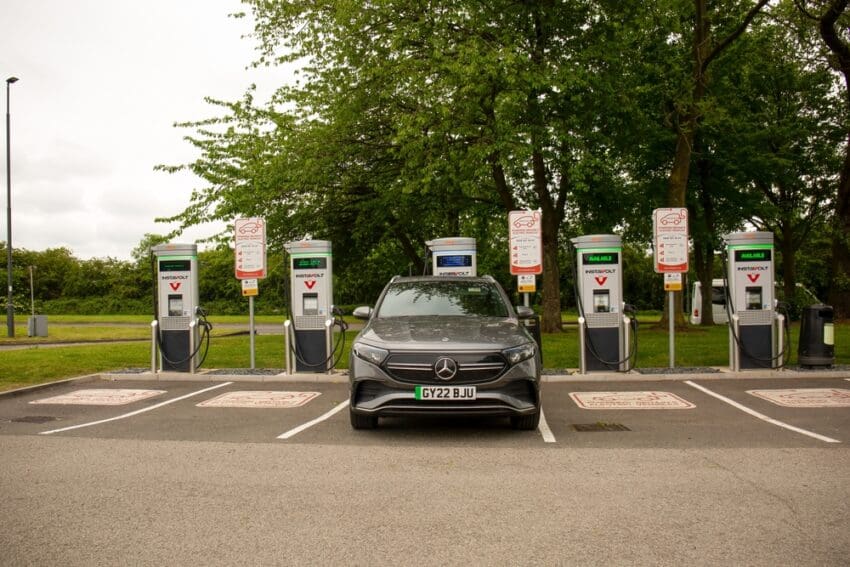
Quicker, cheaper and more reliable charging top of EV owners’ wishlist
Electric car drivers want public charging to be cheaper and quicker, according to new government data.
When asked what improvements they would like to see on the public charging network almost half of EV owners identified cheaper prices (47%) and quicker charging times (45%) as key priorities. More than a quarter (29%) also said they wanted improved reliability.
Despite room for improvement, more than half of all EV drivers (58%) questioned for a new Department for Transport report, said they felt confident taking long journeys and in how easy it was to locate public chargers. And 52% said they were happy with charger provision.
The wide-ranging EV Driver Tracker report is the first to examine the ownership, charging and driving habits of the UK’s growing EV-owning population. Between early and late November last year, Ipsos surveyed 1,007 owners of full battery electric vehicles (BEV) and plug-in hybrid vehicles.
It found that pure-EV owners were even more confident in their cars’ long-range ability and the ease with which they could locate chargers – 64% and 61% respectively – but around half said chargers were often out of service or difficult to use, and 55% said pricing was unclear, highlighting plenty of room for improvement.
The study showed that while most BEV owners do make use of public charging occasionally, the vast majority have access to private at-home charging. A total of 91% of BEV drivers reported having access to at-home charging, with 76% having a dedicated home charger. Just 9% said they relied entirely on charging away from home.
While there have been repeated calls to expand the country’s kerbside charging network, most drivers who don’t have at-home charging use other methods to top up their EVs. According to the survey, the most common locations are at business/organisation car parks, charging hubs and work or school.
The study also found that, despite a media focus on charging and range, the majority of BEV owners’ driving was well within the range of a single charge in their car. It revealed that 64% of drivers said they covered up to 100 miles a week on average, with just 12% doing more than 200 miles per week. At the same time, most drivers (68%) reported that their vehicle had an official range of more than 200 miles.
Previous studies have found that most electric car owners would not go back to internal combustion engines, a finding backed up by the latest DfT reporting. Regarding future vehicle purchases or leases, two thirds (66%) of BEV owners said they would stick with a pure-electric model and 88% said they would recommend a pure EV to others.
Drivers also revealed that running costs were the main appeal of BEVs, with 69% citing lower costs as one of the reasons for choosing an all-electric car. Sixty-seven per cent also said environmental concerns were part of their decision making and the driving experience was a contributing factor for 56%.